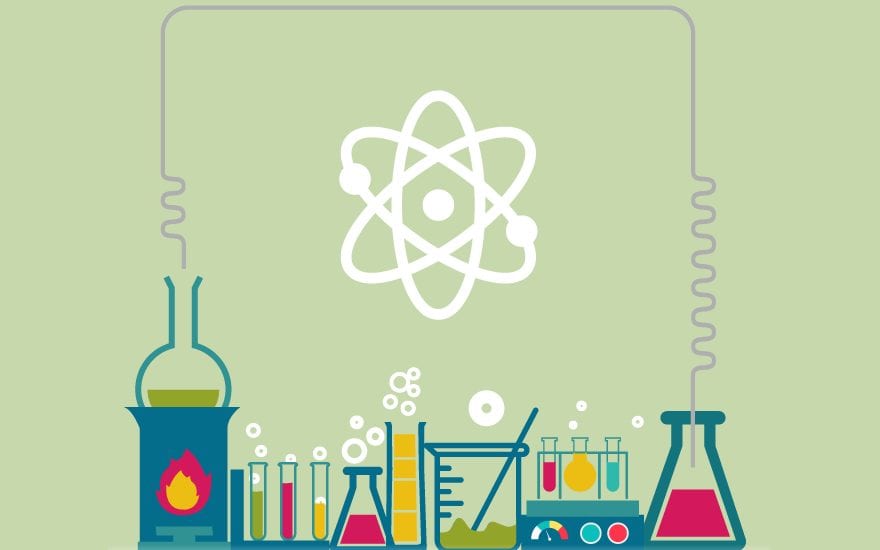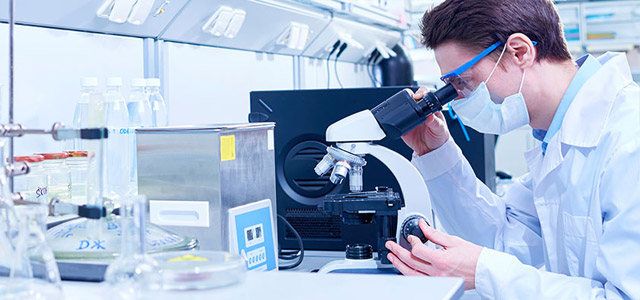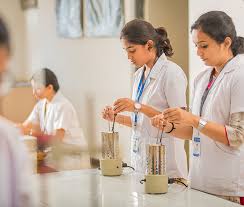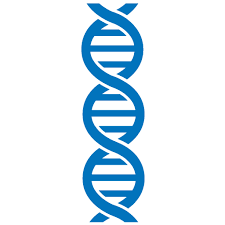An M.Sc. in Biochemistry is normally a 2-year postgraduate study that studies the chemical processes that occur within and affect living organisms. The curriculum includes advanced themes in molecular biology, enzymology, metabolism, and structural biology. Students participate in laboratory work, research projects, and frequently write a thesis. This degree prepares graduates for professions in research, pharmaceuticals, biotechnology, or advanced academic studies such as Ph.D. programs. The degree stresses the critical thinking, experimental design, and data analysis skills required for modern biochemistry research and applications.
















